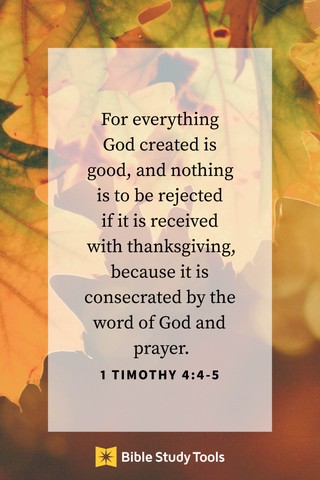
- Recent Translations
- All Translations
Timotiyos I 4:7
Share
Settings
Timotiyos I 4:7 Meaning and Commentary
But refuse profane and old wives' fables
Either Jewish ones, the traditions of the elders; or those of the Gnostics, concerning God, angels, and the creation of the world; or those doctrines of demons, and which forbad marriage, and commanded abstinence from meats before mentioned; which are called profane, because impious and ungodly, and old wives' fables, because foolish and impertinent; and which were to be rejected with abhorrence and contempt, in comparison of the words of faith and good doctrine.
And exercise thyself rather unto godliness;
either to the doctrines which are according to godliness, and tend to godly edification, which the above fables did not, study these, meditate on them, digest them, and deliver them to others; or to a godly life and conversation, exercise thyself, to have a conscience void of offence to God and men; or to internal religion, inward godliness, the exercise of the graces of faith, hope, love, fear, reverence, humility or rather to the spiritual worship of God, according to his will, not in a formal, cold, and customary way, but with the heart, in truth and sincerity, in faith, and with fervency and purity.
